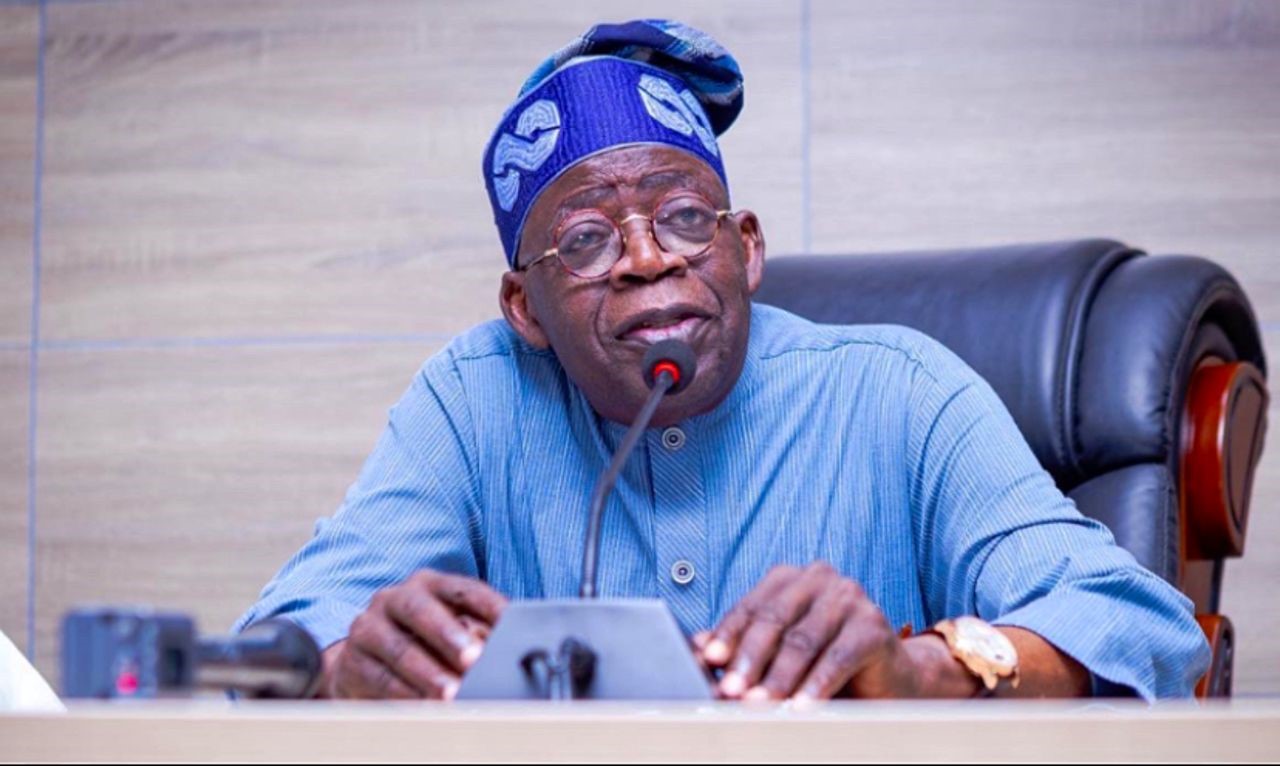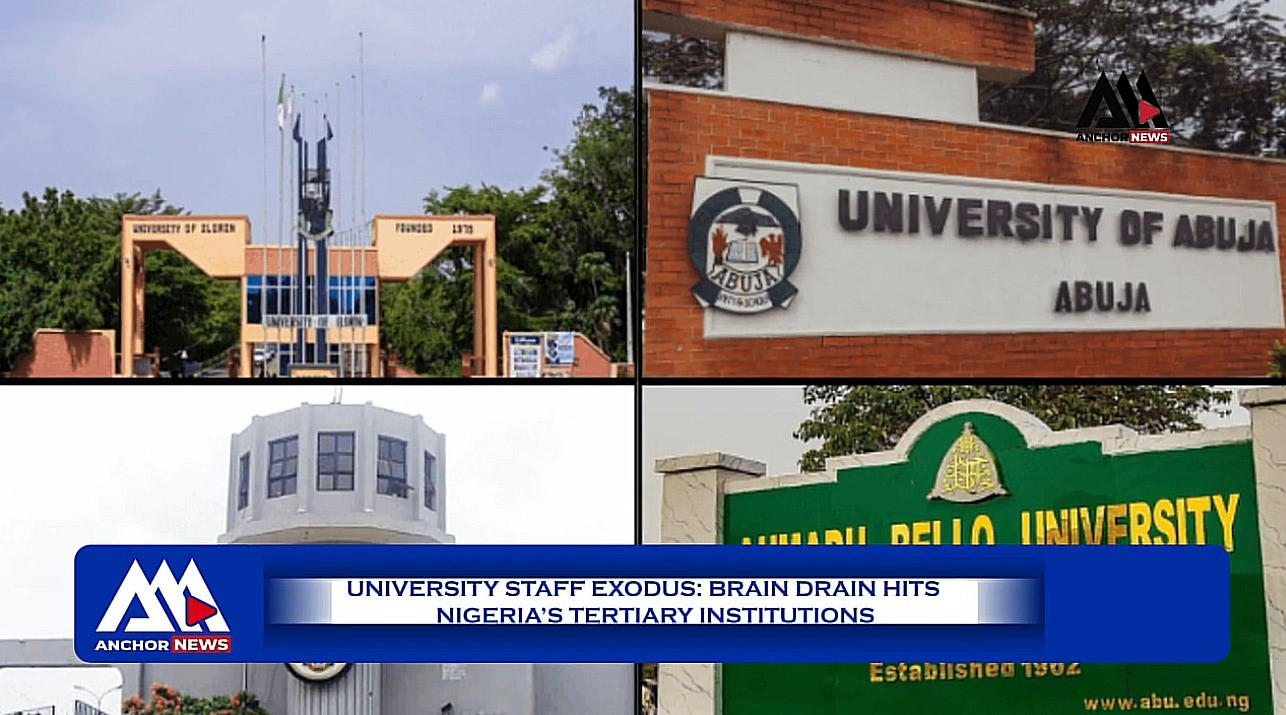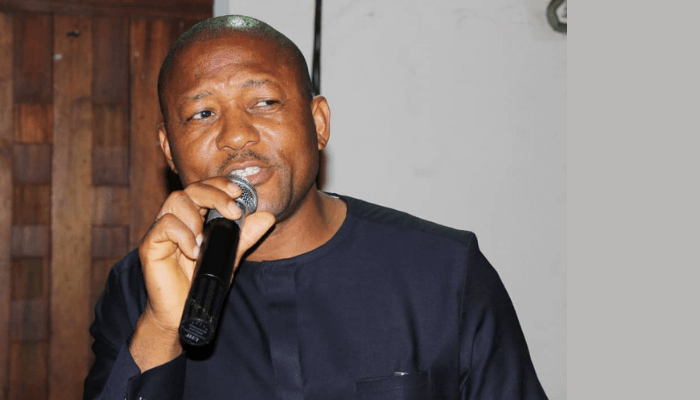
The Federal Government has unveiled a far-reaching civil service reform agenda aimed at transforming the Nigerian public service into a central engine for national development in the 21st century. The initiative, led by the Office of the Head of the Civil Service of the Federation (HCSF), was spotlighted during the inaugural International Conference on Public Service Reform, held recently in Abuja.
The conference, themed “Rejuvenate, Innovate, Accelerate,” brought together African civil service leaders, global reform experts, and development partners to discuss the modernisation of Africa’s public institutions. President Bola Tinubu, declaring the event open, reiterated his administration’s commitment to building a globally competitive civil service under the Renewed Hope Agenda. He described the civil service not as a peripheral body but as the central platform for realising national priorities.
Tinubu commended the Head of Service, Mrs. Didi Walson-Jack, for her leadership in implementing the Federal Civil Service Strategy and Implementation Plan (FCSSIP 2021–2025). He highlighted significant milestones such as the digitalisation of workflows, enhanced capacity-building programmes, and the launch of “Service-Wise GPT”—a Nigerian-developed AI tool designed to support policy implementation and improve service delivery.
He also acknowledged international support from the United Nations and the Government of the United Arab Emirates, both of whom have invested in leadership and digital literacy initiatives for Nigerian civil servants.
In her remarks, Walson-Jack noted that many civil service systems across the continent remain trapped in outdated frameworks that no longer meet current demands. She emphasised the need for institutional renewal, calling for the recruitment of young talent, the inclusion of women and marginalised groups, and a commitment to values-based public service. She insisted that bureaucracy must not become synonymous with stagnation, urging African governments to optimise policy development and adopt digital innovations in public service delivery.
She cited Nigeria’s transition to automated processes and paperless workflows through an enterprise content management system as a key achievement. Walson-Jack also outlined the implementation of a performance management system that aligns individual Key Performance Indicators (KPIs) with national development goals. She praised institutions like the Public Service Institute of Nigeria and the Administrative Staff College of Nigeria for playing a central role in training and upskilling civil servants.
International experts echoed her views. Lord Gus O’Donnell, former Head of the UK Civil Service, described the reforms as timely and essential, noting that initiatives like Nigeria’s could foster unity and innovation. David DaCosta Jr., Deputy Governor of the Virgin Islands, challenged civil servants to embrace change and self-improvement, urging them to become more proactive in meeting rising expectations.
United Nations Deputy Secretary-General, Amina Mohammed, reaffirmed the UN’s support for institutional reform. She highlighted the importance of strong institutions in achieving Sustainable Development Goal 16, which focuses on peace, justice, and accountable governance. Mohammed called for the responsible use of digital tools, including artificial intelligence, with proper safeguards around human rights and data protection.
Observers agreed that the Abuja conference was not merely a policy discussion but a collective call to action. As Nigeria faces complex challenges, including youth unemployment and the need for economic diversification, a reformed and capable civil service is expected to lead the charge in delivering innovation, inclusion, and long-term development.












